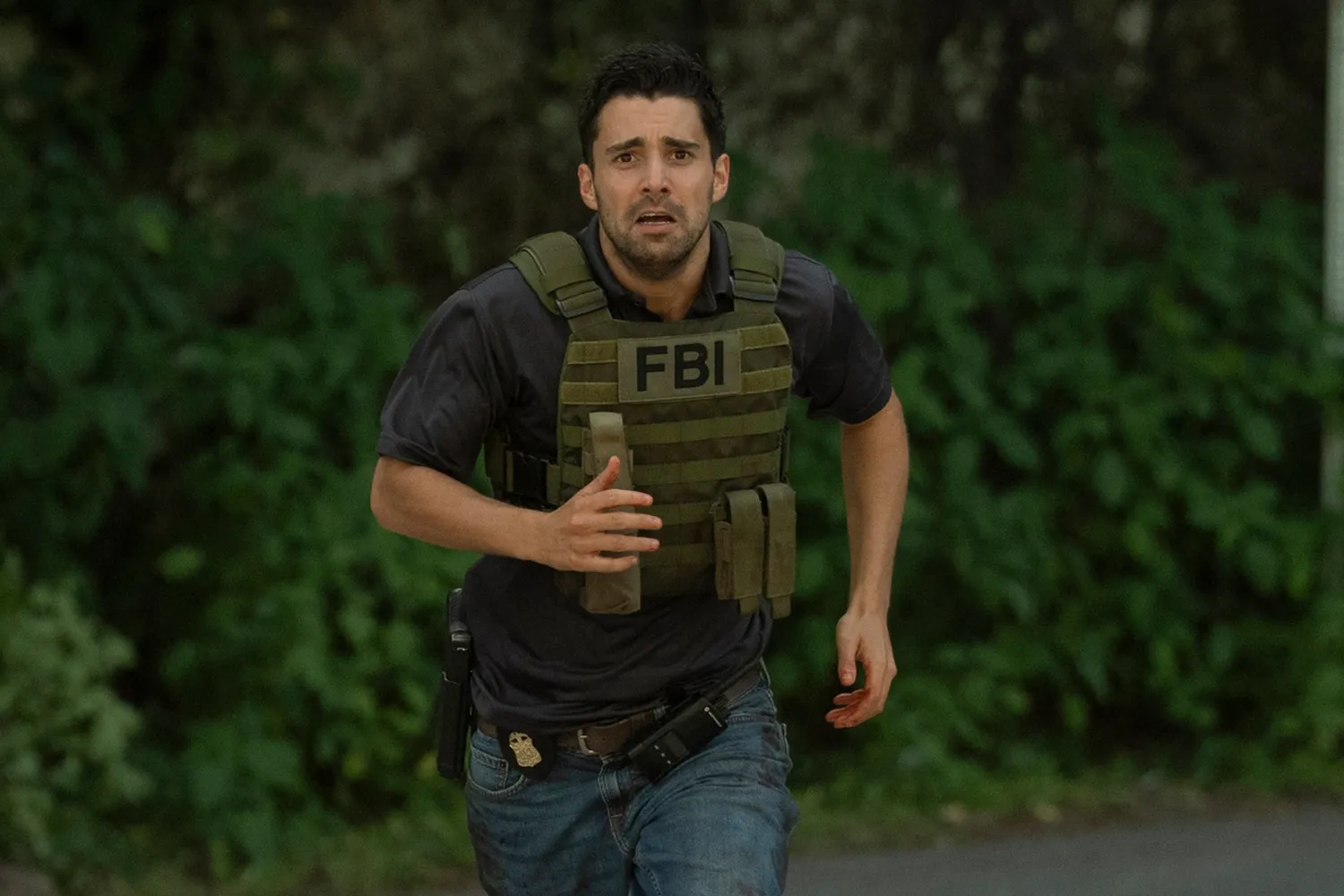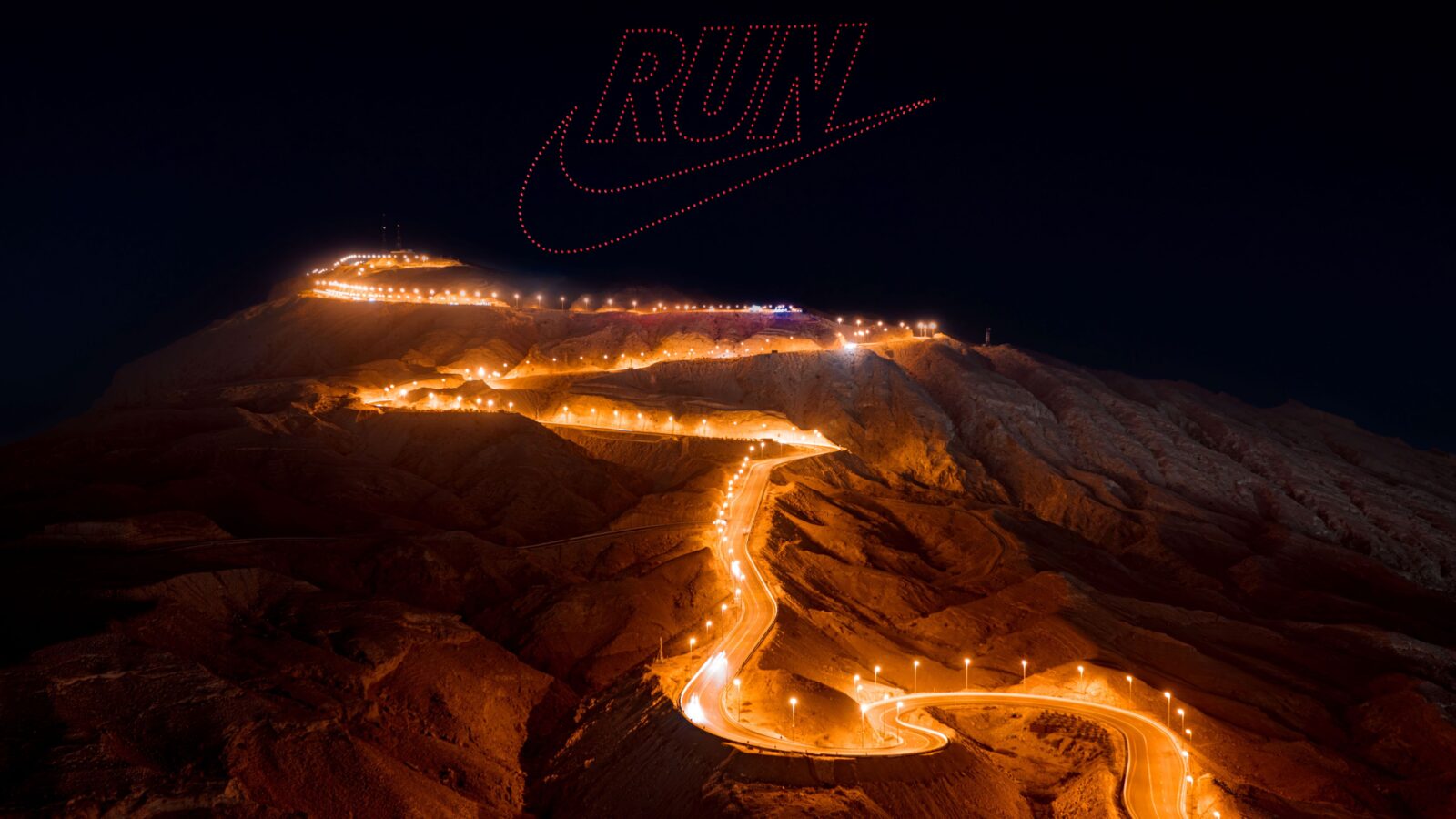TL;DR: Task Episode 6 delivers HBO’s most emotionally brutal hour of the year — a forest shootout drenched in guilt, redemption, and the quiet hum of inevitability. Ruffalo is extraordinary. The body count is high. The writing is higher.
Task
You can feel the inevitability in your bones before a single bullet flies. The way Task Episode 6 opens — quiet, damp air over the woods, the sound of a river too calm for what’s about to happen — tells you everything you need to know. This is not an episode that asks permission to ruin you. It’s already decided that your night’s sleep is collateral damage.
By the time the credits roll, you’ll be sitting in a stunned, jaw-clenched silence, replaying every moment in your head: the way Mark Ruffalo’s Tom Brandis staggers through moral quicksand, the way Tom Pelphrey’s Robbie Prendergrast bleeds out under the trees, the way a single gunshot — or maybe it’s ten, who can count anymore — feels less like action and more like consequence.
This isn’t just another midseason bloodbath. Task Episode 6, titled “Out beyond ideas of wrongdoing and rightdoing, there is a river,” earns its carnage with heartbreaking precision. Written by Brad Ingelsby and directed by Salli Richardson-Whitfield, it’s not just the best episode of Task so far — it’s the kind of television that grabs you by the throat and whispers, you asked for this.
And honestly? We did.
There’s an unwritten law in TV: save your biggest moment for the finale. Keep your cards close, let the tension simmer, and drop your bomb in the last five minutes of the last episode. Task doesn’t do that. It flips the table.
Ingelsby, who’s already proven with Mare of Easttown that he understands the rhythm of grief and guilt better than most modern showrunners, makes a daring move here. He drops the show’s emotional climax not at the end, but one week early — daring the finale to pick up the pieces. And Salli Richardson-Whitfield’s direction ensures those pieces cut deep.
What makes “Out beyond ideas of wrongdoing and rightdoing, there is a river” hit so hard isn’t just that it’s a technically perfect hour of television — though it is. It’s the way it forces every character into a collision course with themselves. No one walks out unscathed.
The woods, the river, the claustrophobic cabin — they’re all stages for reckoning. Ruffalo’s Tom isn’t just chasing Robbie; he’s chasing redemption, the ghost of his own moral failures. Robbie, for his part, is running from something deeper than law enforcement — he’s trying to outswim his past, his addiction, his impossible hunger for peace.
That’s what this episode nails so beautifully: the futility of escape.
I swear there’s something ancient about the way Task shoots nature. The trees in this show aren’t background; they’re witnesses. When Robbie retreats to his remote cabin, there’s an almost spiritual weight to it — as if the forest knows it’s about to become a graveyard.
There’s a moment, early on, when the camera lingers on the river. The sound is constant, rhythmic, meditative — and then the silence is broken by the click of a safety being released. The first shot echoes through the woods like a betrayal.
This isn’t just a shootout; it’s an exorcism.
Tom, our perpetually haunted FBI agent, finds Robbie first. Ruffalo plays the scene with that signature quiet intensity — the kind that makes you lean in closer even though you know it’s about to hurt. He pleads with Robbie, voice cracking just enough to betray the weight he’s carrying. You can practically feel his pulse slowing in real time, as if part of him knows this isn’t going to end with handcuffs.
But Task isn’t interested in neat resolutions. The confrontation is interrupted, naturally, by chaos — by the arrival of the Dark Hearts, a biker gang whose name alone sounds like it was written in a whiskey-soaked fever dream.
And from there, the episode shifts gears into something feral.
If prestige TV has a sacred tradition, it’s the midseason gunfight. We’ve seen them all: True Detective’s six-minute tracking shot, Breaking Bad’s desert massacre, Ozark’s nocturnal ambushes. But Task does something I didn’t expect — it makes violence feel tragic again.
There’s no adrenaline high here, no hero shots. Every burst of gunfire feels accidental, like gravity pulling everyone toward an ending they were trying to avoid.
When the FBI and the Dark Hearts converge on Robbie’s hideout, the geography of violence is almost too clear. Salli Richardson-Whitfield’s direction turns the forest into a maze, the kind of space where you could hear your own breathing echo. The shootout is brutal, yes, but what makes it unforgettable is how unglamorous it is. Guns jam. People scream in confusion. Everyone’s afraid.
Robbie and Tom, two men who should be mortal enemies, end up fighting back-to-back — a temporary alliance born out of desperation. Robbie saves Tom’s life with a single gunshot, and the look on Ruffalo’s face says it all: gratitude and grief, mashed into one unbearable expression.
It’s a classic Ingelsby move — redemption disguised as survival.
There’s this line that keeps circling my head: “Out beyond ideas of wrongdoing and rightdoing, there is a river.” It’s from Rumi, the 13th-century poet. He wrote it as an invitation to mercy, a call to meet each other in a place beyond judgment.
That’s what the river means here.
As Robbie bleeds out under the trees, the rushing water nearby feels like absolution. He tosses the duffel bag full of drugs into the current — a symbolic cleansing that’s as futile as it is beautiful. You can feel him trying to let go of everything: the crimes, the guilt, the relentless pursuit of peace that always seems just out of reach.
When Jayson stabs him, it’s almost merciful. Robbie’s face — contorted in a mix of shock, rage, and acceptance — tells a full story without dialogue. Tom arrives seconds too late, cradling a dying man who was both enemy and mirror.
That scene broke me.
Ruffalo has this way of holding stillness like a weapon. He doesn’t sob; he just holds Robbie’s body, muttering a prayer under his breath, and you realize he’s not talking to God. He’s talking to himself.
And then the camera tilts up — the trees, the light, the endless indifference of nature — and you understand why the episode had to be set in the woods. It’s where humanity’s worst impulses collide with its need for grace.
If Robbie’s death is the episode’s emotional climax, Lizzie’s is its cruelest twist.
Alison Oliver’s Lizzie has always been the heart of Task’s second tier — a young agent way out of her depth, all trembling idealism and sharp instincts. Watching her stumble through the chaos of the woods, half-deaf and bleeding, is agonizing.
There’s something unbearably intimate about her final moments. She doesn’t die in a blaze of glory; she dies confused, disoriented, unable to hear the people screaming her name. When Grasso holds her, begging her to stay awake, you feel the full weight of his guilt — and not just for her.
Grasso’s betrayal has been building all season, but this is the moment it stops being theoretical. His secret allegiance to the Dark Hearts, his desperate attempts to stay one step ahead of his own conscience — it all collapses here. Lizzie’s death isn’t an accident; it’s the cost of compromise.
And it’s what makes Task feel bigger than a crime show.
By the end of Episode 6, the body count is high, but the emotional casualties are higher.
Kathleen barely survives surgery. Aleah is left shaken but resolute. Tom loses another piece of his soul. And Grasso — poor, damned Grasso — can barely look at himself in the mirror.
There’s a scene later, at the hospital, where Ruffalo’s Tom tries to comfort him. “It’s not your fault,” he says. But it is. And both of them know it.
That’s the genius of Ingelsby’s writing. No one is clean, but no one is unsympathetic either. These are people who’ve built their lives around moral justifications, and Episode 6 strips those away like bark from a tree.
It’s a devastating hour not because people die, but because they die believing they were doing the right thing.
Mark Ruffalo has always specialized in quiet despair. From Spotlight to I Know This Much Is True, he radiates a kind of weary empathy that makes you believe in the possibility of redemption even when it’s impossible.
In Task Episode 6, he delivers his best performance yet. Every flicker of his face, every labored breath, feels like it’s carrying decades of regret. Watching him cradle Robbie in that squad car — blood staining his sleeves, the sunlight flickering through the trees — I thought, this is what television can do that movies can’t. It lingers. It festers. It makes you sit with it.
Tom Pelphrey, meanwhile, deserves his own paragraph in the TV Hall of Pain. He’s the kind of actor who makes self-destruction mesmerizing. His Robbie isn’t a villain; he’s a man who’s been trying to climb out of a hole that keeps moving. His final moments — the memory of swimming in the quarry, the thought of his children — are filmed like a benediction.
It’s rare to see two performances so in sync that they feel like a single broken prayer. Ruffalo and Pelphrey give us that.
The final act of Episode 6 pivots from chaos to reckoning. The shootout is over, but the rot remains.
The FBI shuts down Task entirely, citing “internal investigation.” Aleah is furious, Kathleen’s career ends in forced retirement, and Tom finds himself babysitting the emotional wreckage of everyone left alive. It’s bureaucratic purgatory — the kind that hits harder than any gunfight.
And then there’s Grasso. Fabien Frankel plays him like a man dissolving in real time. You can practically see the guilt eating through his face. When his boss, Dorsey, shows up to assure him everything will be “taken care of,” you realize how deep this conspiracy goes. The rot isn’t local; it’s systemic.
This is where Task flirts with something bigger — not just a crime story, but a meditation on institutional decay.
There’s a late-night scene between Tom and Grasso that should be studied in acting classes.
It starts with small talk — awkward, brittle — and then morphs into something almost sacred. Tom, part priest, part investigator, coaxes Grasso into self-reflection. “Confession’s not for God’s sake,” he says quietly. “If you want to be forgiven, all you have to do is ask.”
That line floored me.
It’s not just theology; it’s psychology. It’s the thesis of Task: forgiveness as self-confrontation. Grasso doesn’t confess, not fully, but the damage is done. The truth is out, and Tom’s eyes say what words can’t — he’s coming back for justice.
The moral architecture of this show is breathtaking. It never preaches. It just lets people destroy themselves in pursuit of grace.
Task Episode 6 is everything I love about television. It’s cinematic without losing intimacy, brutal without becoming nihilistic, and emotional without crossing into melodrama.
Every department — from writing to cinematography to score — is firing on all cylinders. The forest is lit like a cathedral. The sound design makes you feel every gunshot as a physical tremor. The pacing is ruthless.
But what makes it exceptional is how deeply it understands the cost of violence. You don’t walk away thrilled; you walk away hollowed out.
That’s the point.
When I rewatched the episode — because yes, I had to — I noticed how often the camera returns to water. The river, the lake, the memory of the quarry. It’s all cyclical.
In Ingelsby’s universe, water isn’t cleansing; it’s consuming. It remembers everything.
By the time Robbie’s body goes still, you understand that the river is the show’s ultimate metaphor: the endless current of guilt that carries every character downstream. You can fight the current, or you can surrender to it. But you can’t ignore it.
Episode 6 of Task isn’t just the season’s best — it’s one of the most haunting pieces of television HBO has aired since The Leftovers. It’s brutal, yes, but it’s also deeply human. It’s a meditation on guilt, grace, and the ways people destroy each other in pursuit of both.
By the end, everyone is a little dead, even the ones still breathing. And yet, I can’t wait for the finale.







